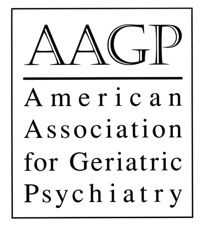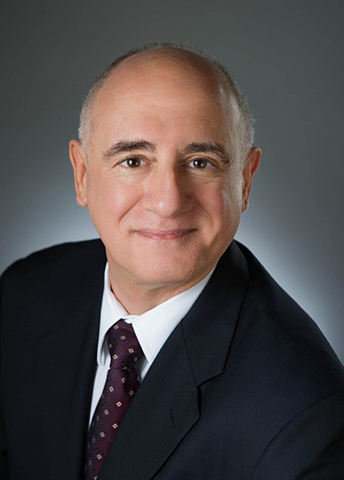 Christine M. deVries
Christine M. deVries
Chief Executive Officer
American Association for Geriatric Psychiatry
Care for Your Mind is an excellent example of providing needed information to the public on late life mental illness. AAGP applauds the efforts of Care for Your Mind and its efforts on public education as well as encouraging dialogue through polls and other mechanisms on these critical issues.
The results of the recent poll by Care for Your Mind on mood disorders clearly confirms the need for a well-trained health care workforce to take care of the current and future generations of older adults with mood disorders. This same conclusion was reported by the Institute of Medicine (IOM) in their report released last year entitled, The Mental Health and Substance Use Workforce for Older Adults: In Whose Hands? The IOM called for immediate action to promote research and incentivize training in geriatric mental health to adequately meet the needs of an elderly population expected to rise above 70 million people by 2030. We know the need is there, but now it is time to take action. It is critical that people contact their policymakers and urge them to eliminate the gaps in services to the elderly with mental illness including mood disorders by increasing access to quality mental health care and addressing the prevalent stigma associated with these diseases. The White House took a first step when they convened a National Conference on Mental Health in June of this year, but there needs to be more. We must now advocate to the US Congress on the need for a well prepared workforce to provide quality care for the older adults with mood disorders. Following are some specific legislative proposals that have been introduced in this session of Congress:
The Care for Your Mind poll enforces the need for health care professionals with specialized training to treat those individuals with mood disorders and other late life mental illnesses. There is a bill that has been introduced into the Senate that would promote teams of health care providers with this expertise to work with primary care providers.
Write to your U.S. Senators and ask them to co-sponsor the Positive Aging Act (S. 1119) introduced by Senators Susan Collins (R-ME) and Barbara Mikulski (D-MD) in June 2013. This proposal would improve access to mental health services for older adults in community settings by promoting interdisciplinary teams of mental health professional to work in collaboration with other providers of health care and social workers.
The Older Americans Act Amendments of 2013 (S. 1028) would strengthen support for family caregivers through grants to states to conduct assessments of family caregiver needs, enhance the work of Federal agencies to improve and develop new models for care coordination, test models that provide direct‐care workers with additional training for new roles, and direct the Administration on Aging to work with other federal agencies to identify and address eldercare workforce shortages.









[…] population, a shrinking field The American Association of Geriatric Psychiatrists cites a 2011-2012 IOM study that reveals the number of elderly adults with mental health illnesses will double by 2030. […]